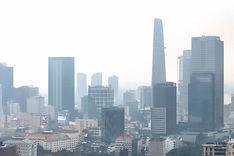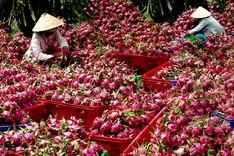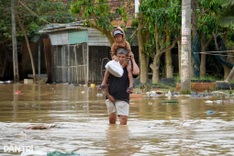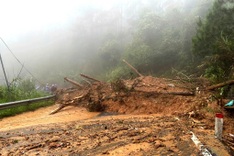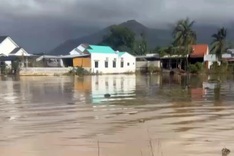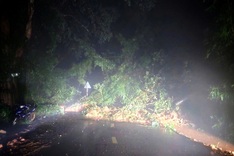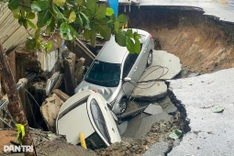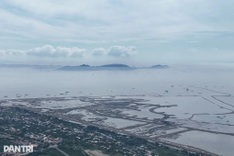
A local fisheries cooperative staff lands queen snappers at Kubura fishing port on Yonaguni island, Japan's westernmost inhabited island in Okinawa prefecture, Japan November 10, 2023. REUTERS/Issei Kato/File Photo
In 2023, Japan began gradually releasing treated wastewater from the stricken Fukushima nuclear plant into the Pacific Ocean.
The move was backed by the International Atomic Energy Agency, but drew sharp criticism from Beijing, which banned Japanese seafood imports as a result.
China indicated on Friday that it was edging closer to lifting the ban, saying talks with Japanese officials in Beijing this week had "achieved substantial progress".
"So far this year, the two sides have carried out several rounds of technical exchanges," Beijing's customs administration said in a statement, without giving further details.
Japan's Chief Cabinet Secretary Yoshimasa Hayashi said Beijing and Tokyo had "reached an agreement on the technical requirements necessary to resume exports of fishery products to China".
"Exports to China will resume as soon as the re-registration process for export-related facilities is completed," Hayashi said on Friday.
"We regard this as a major milestone," he told a press conference.
China previously said it had found no abnormalities in seawater and marine life samples it independently collected near the Fukushima plant in February, but indicated more tests were needed before revoking the ban.
In 2011, a huge earthquake triggered a deadly tsunami that swamped the Fukushima nuclear facility and pushed three of its six reactors into meltdown.
China, whose ties with Japan have long been strained by Tokyo's imperial legacy, vociferously opposed the release of the treated wastewater, casting it as environmentally irresponsible.



